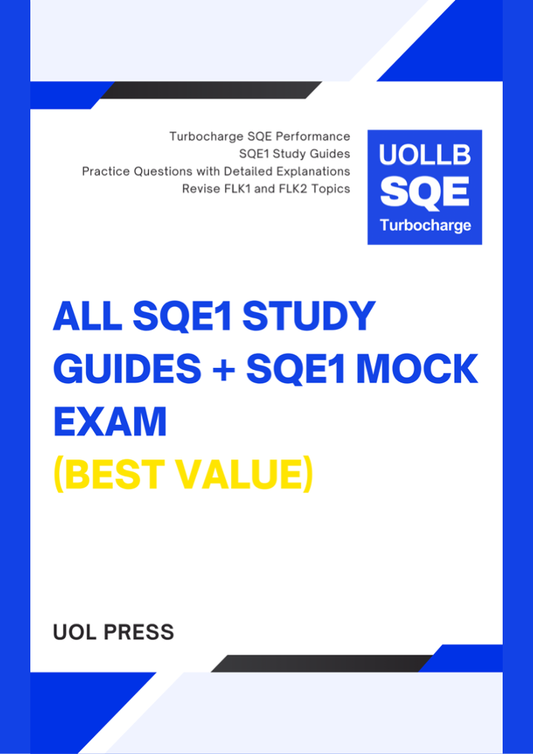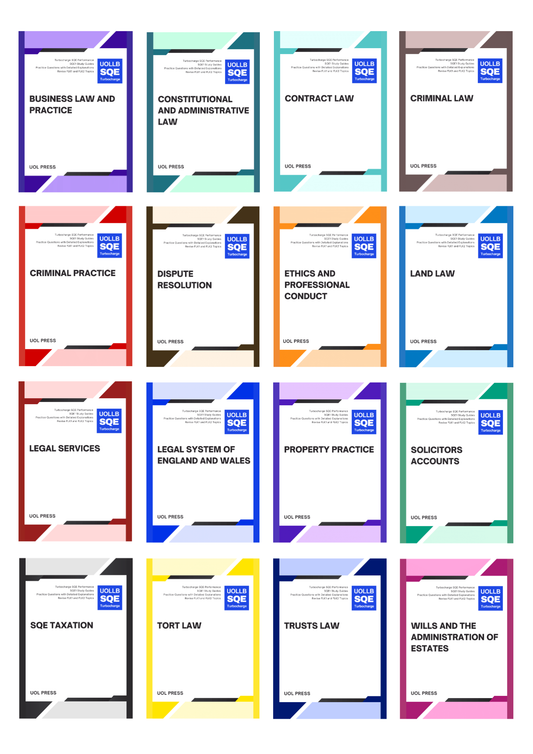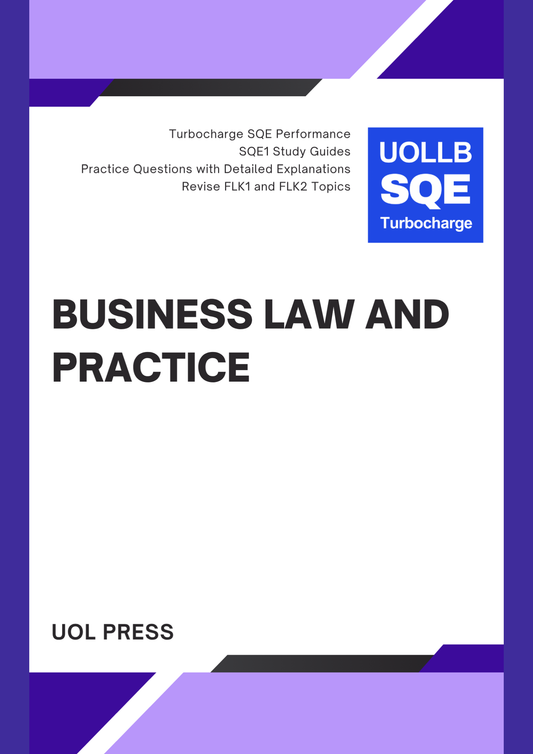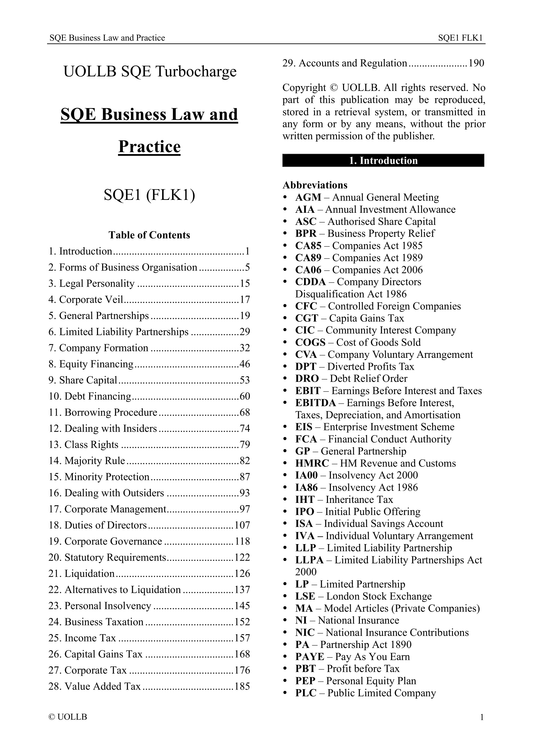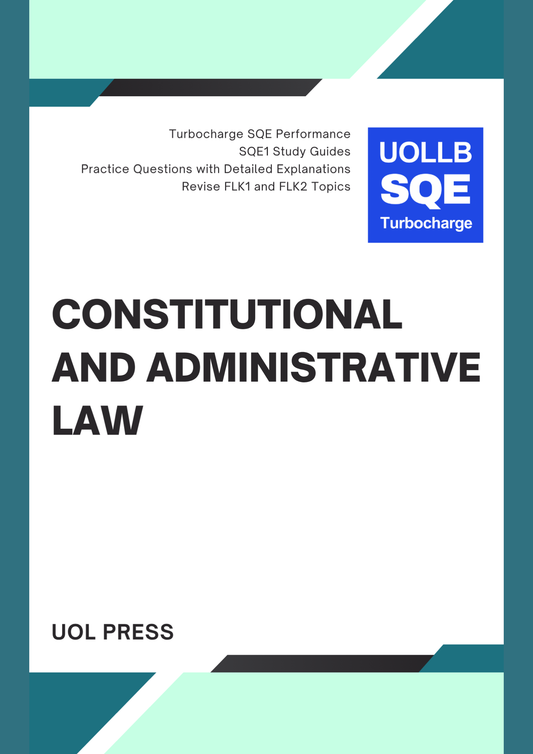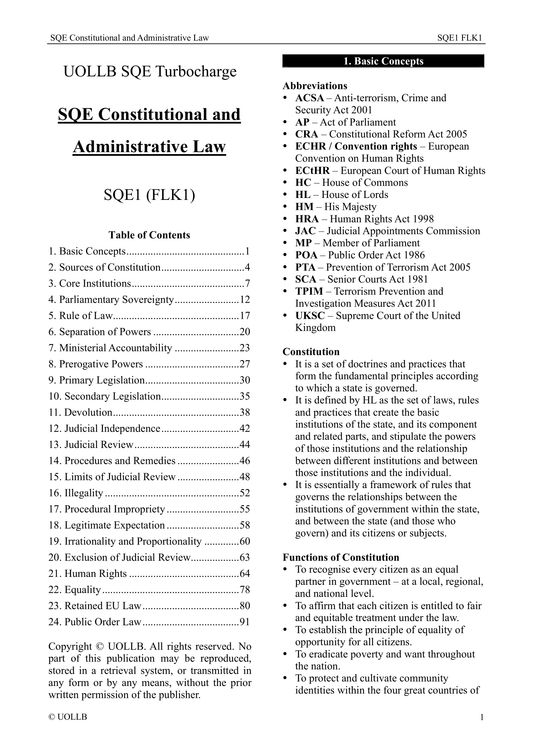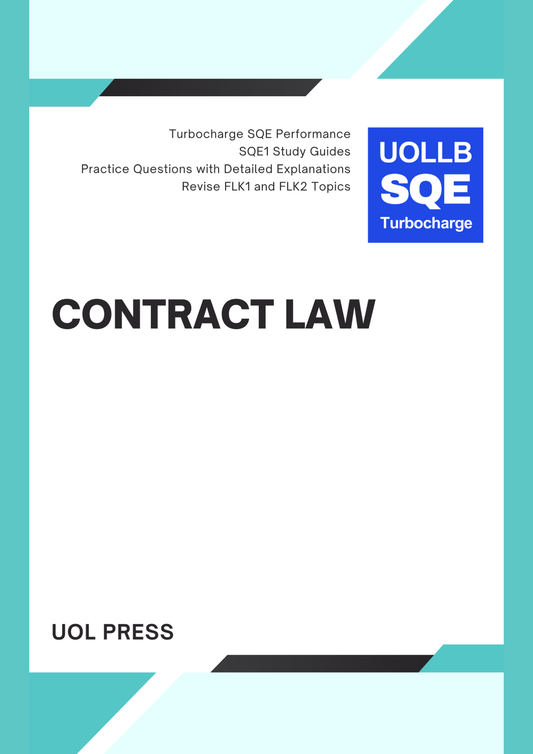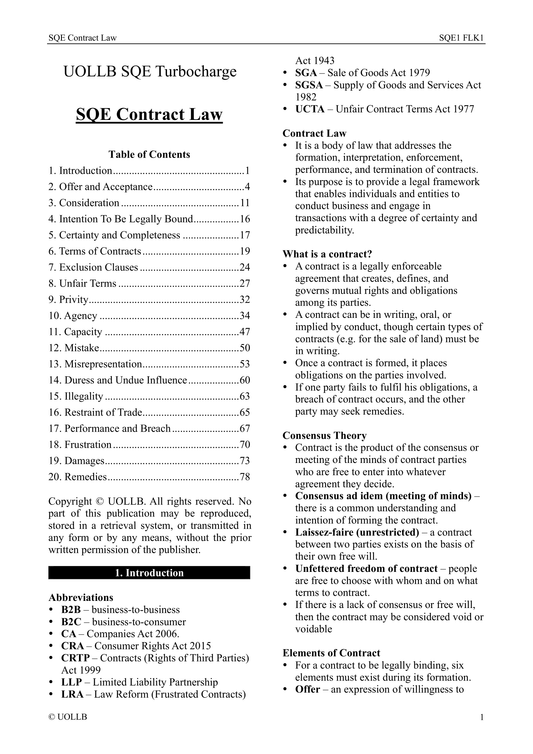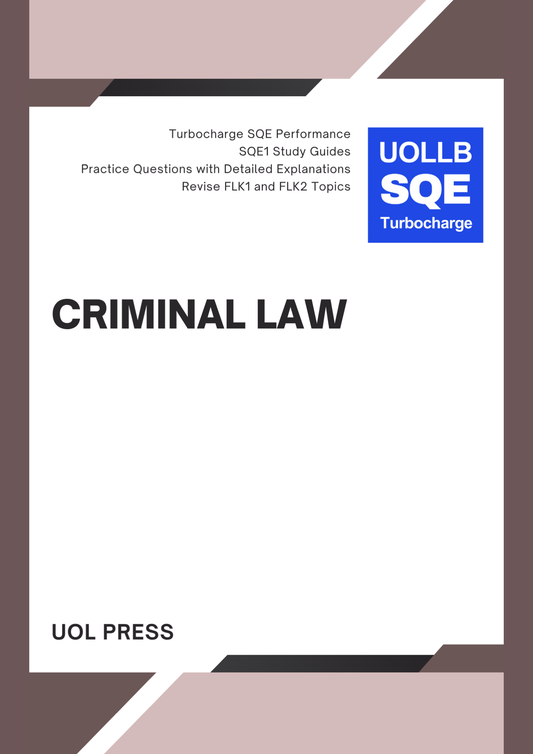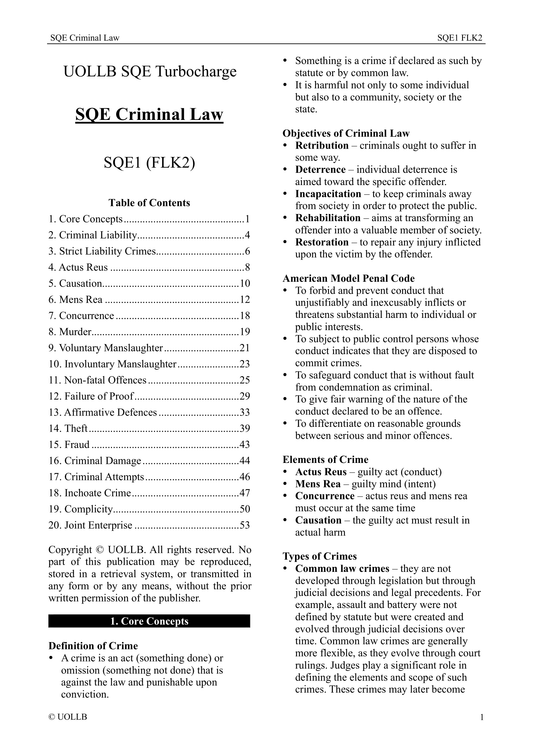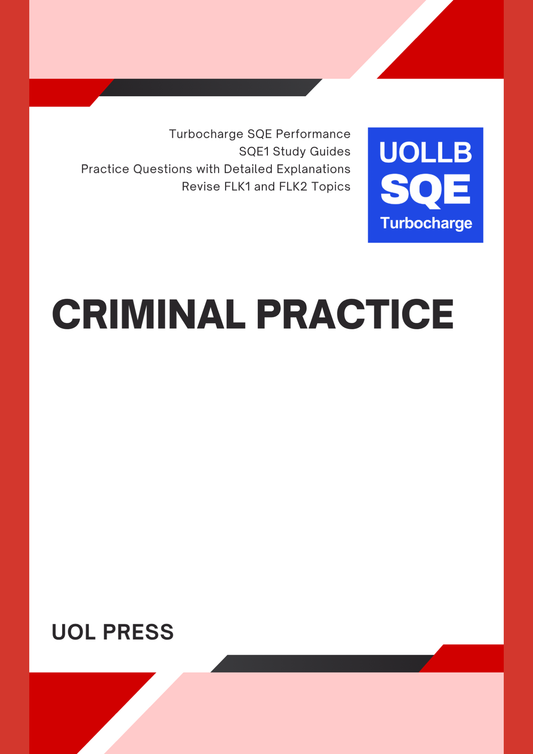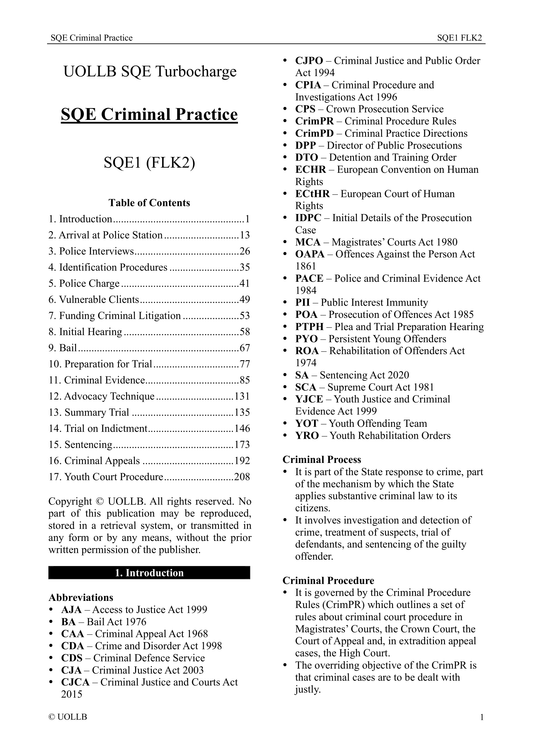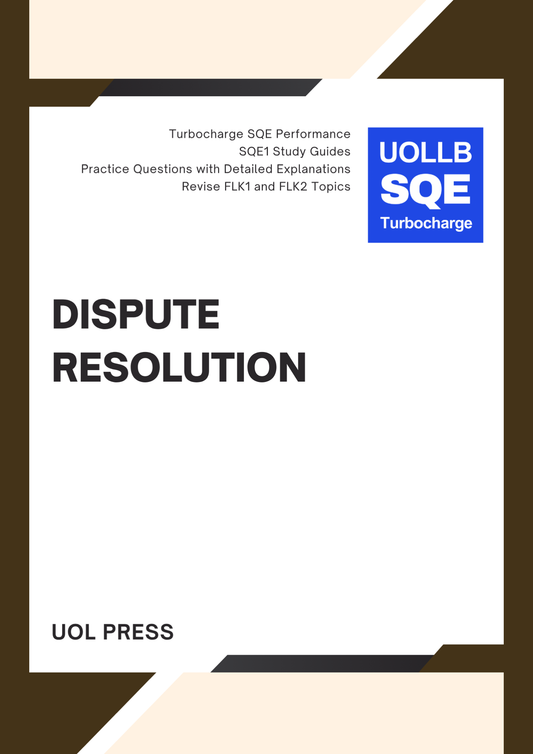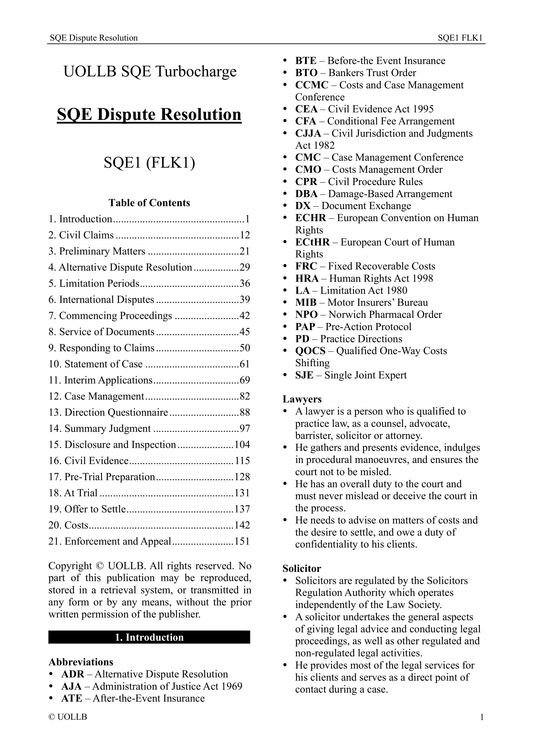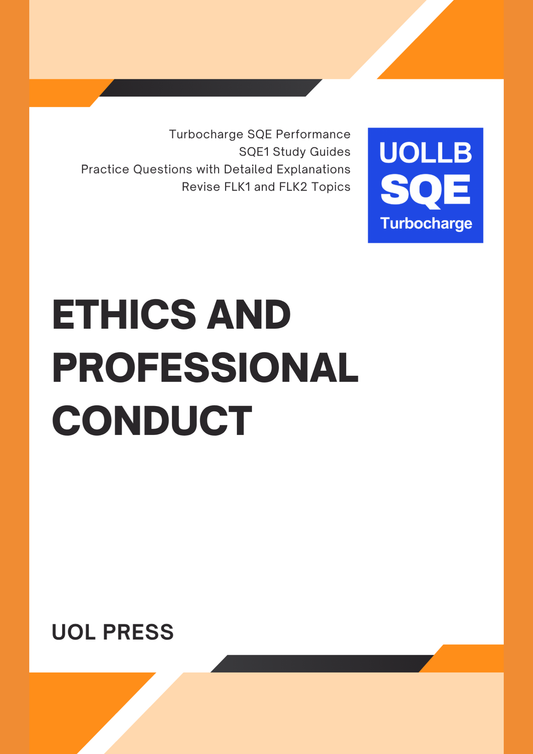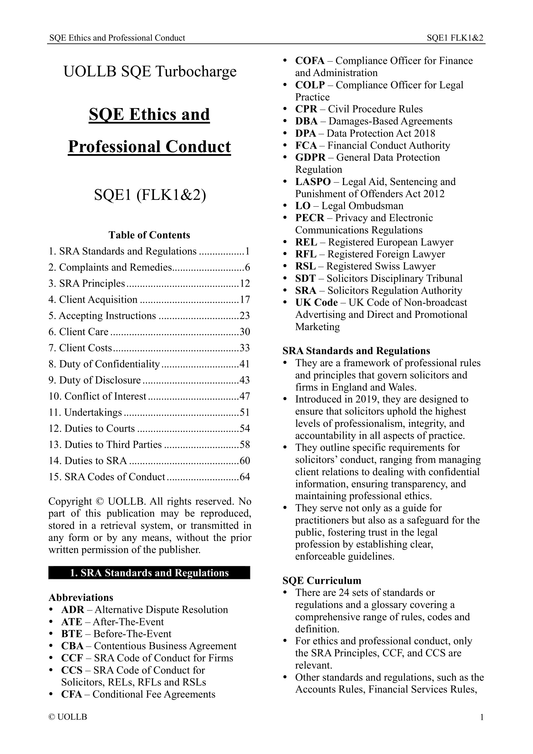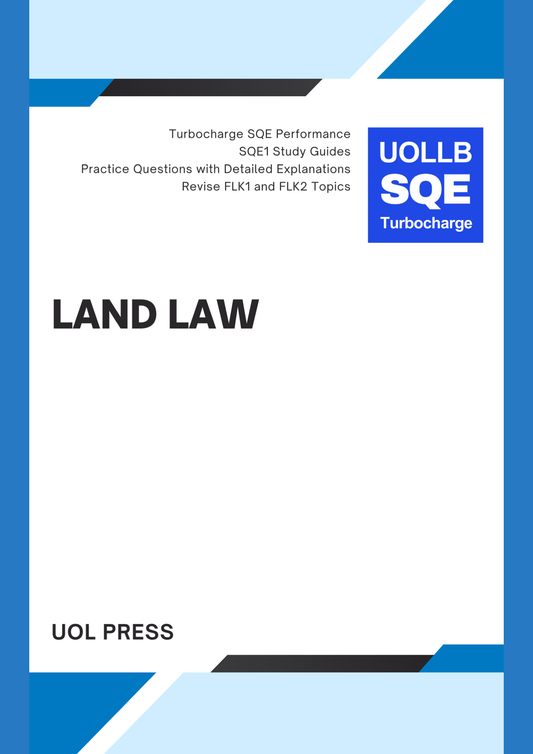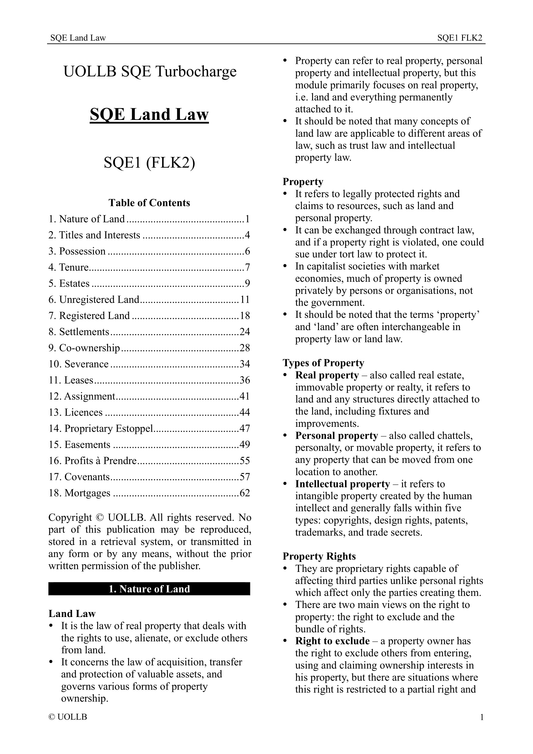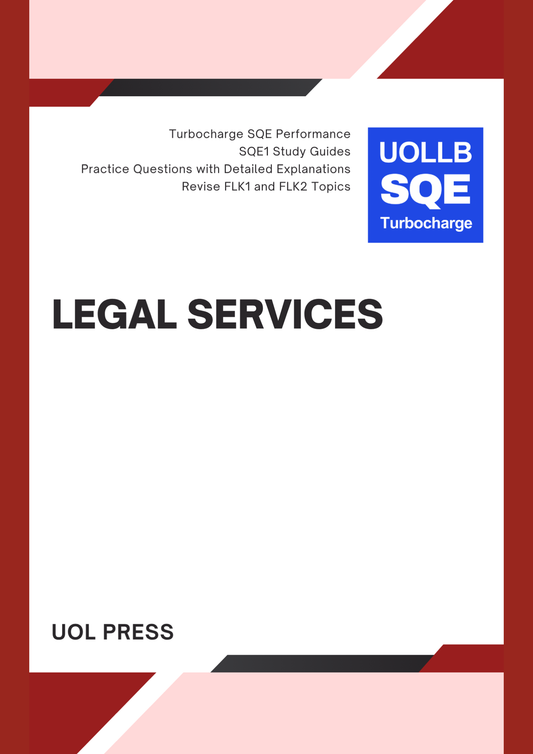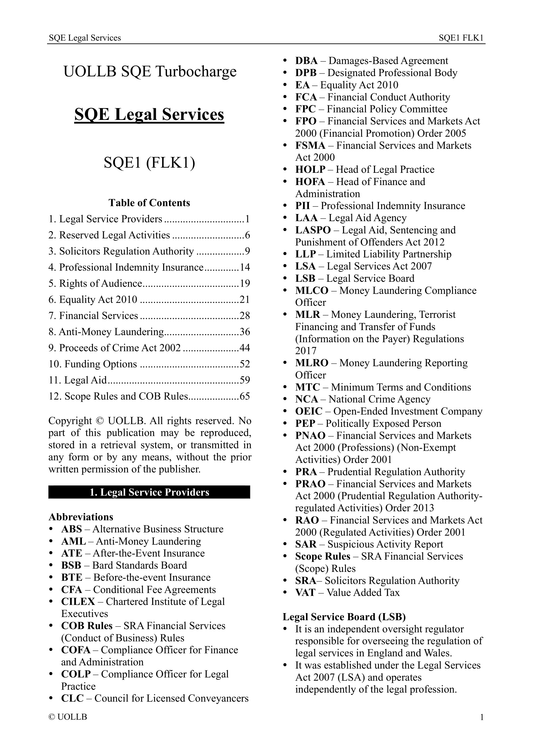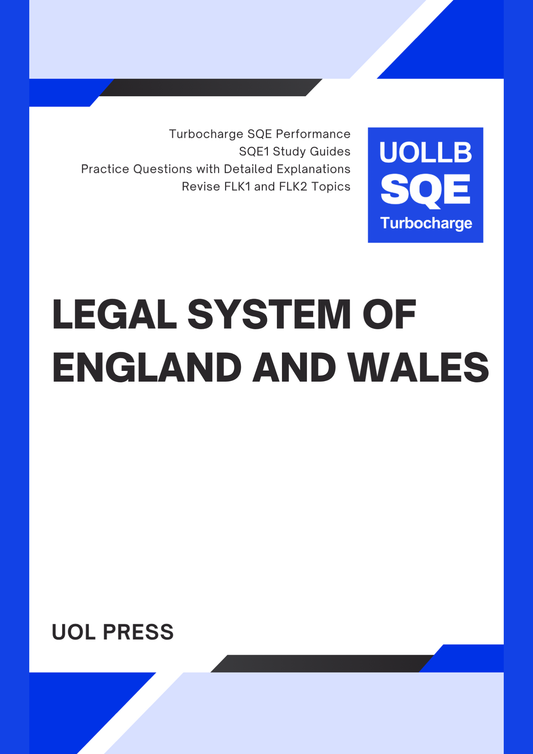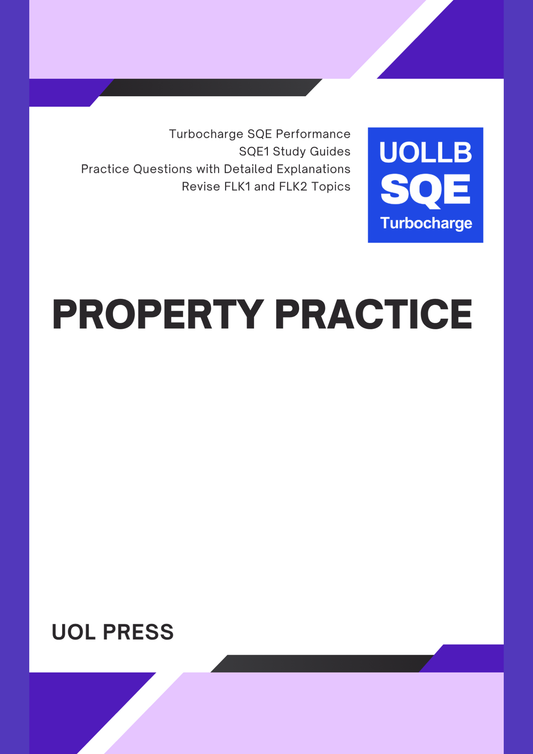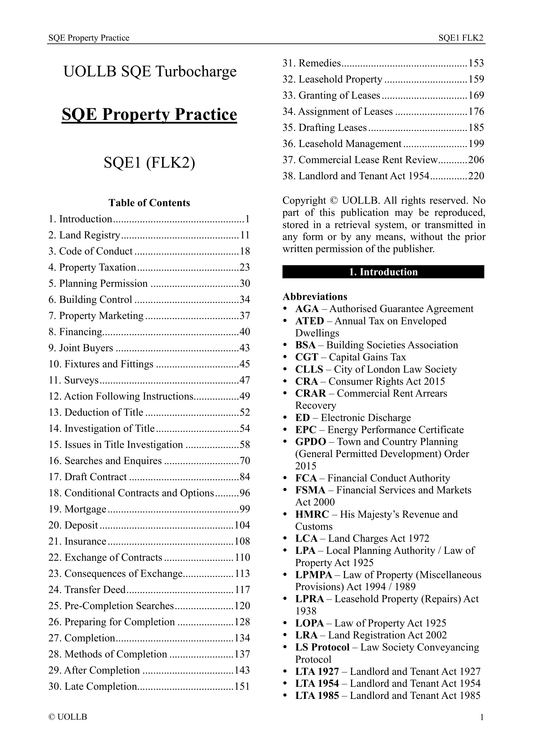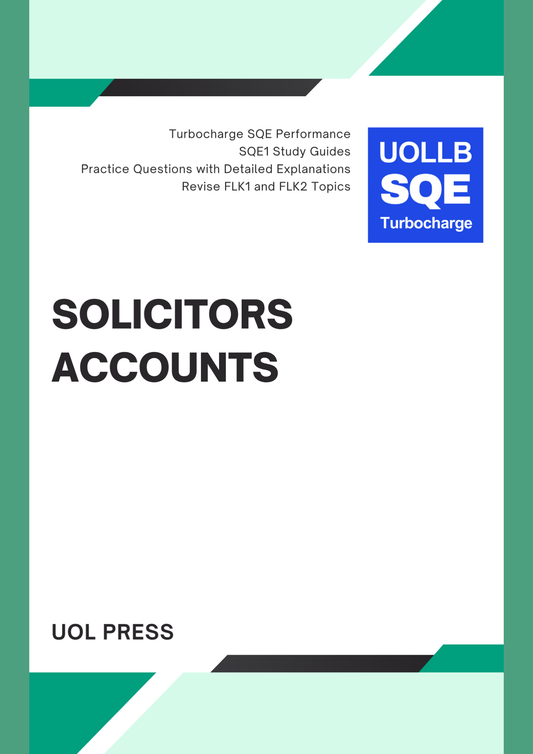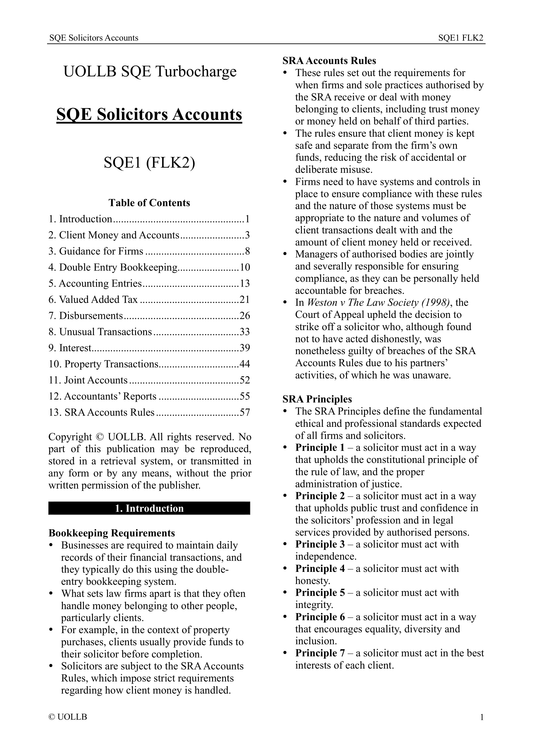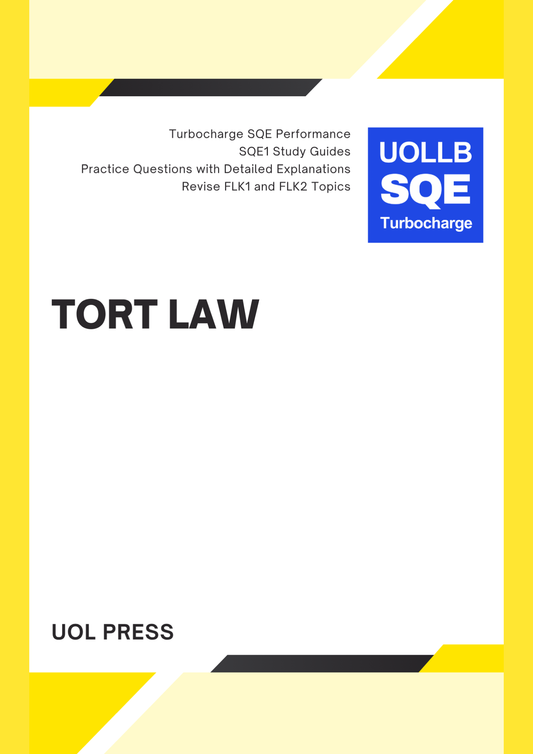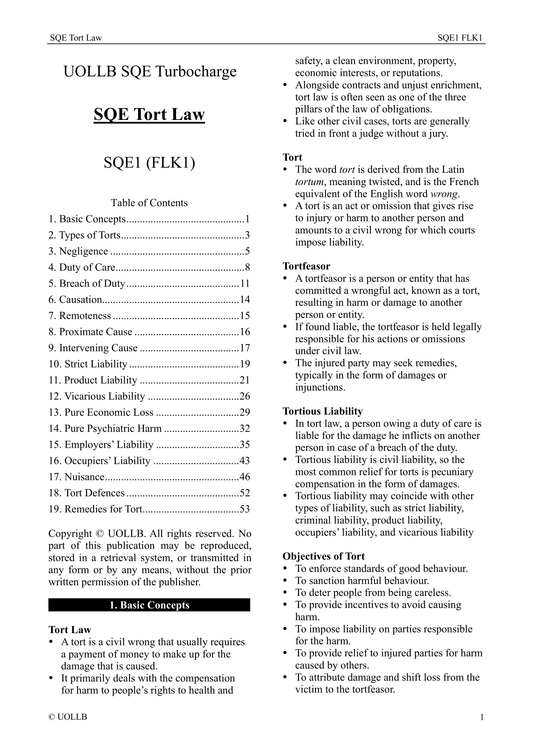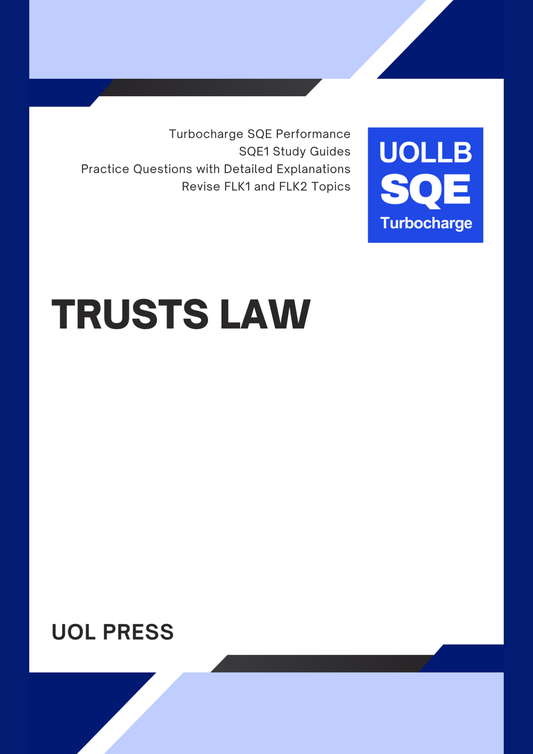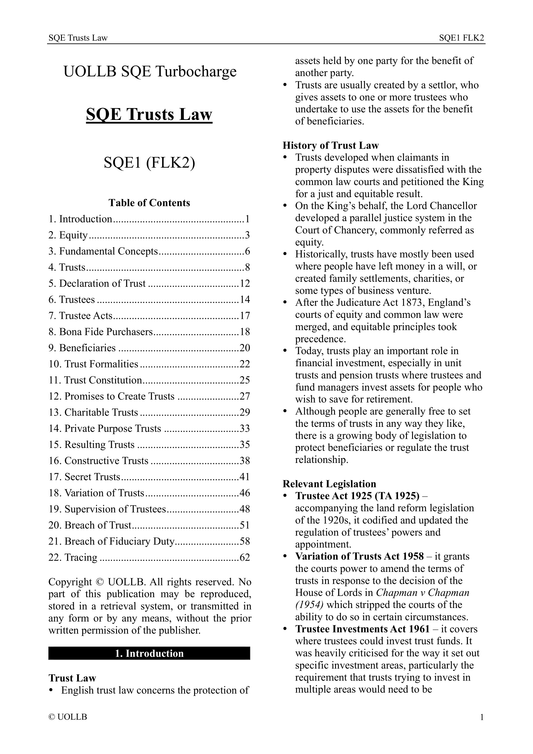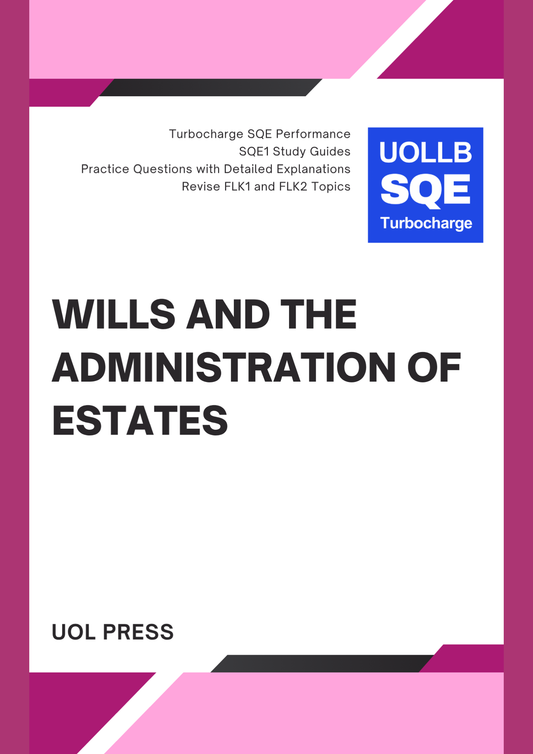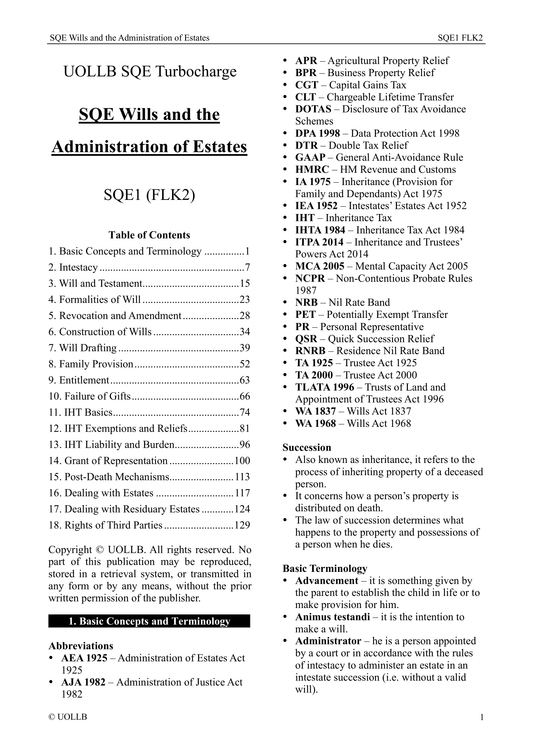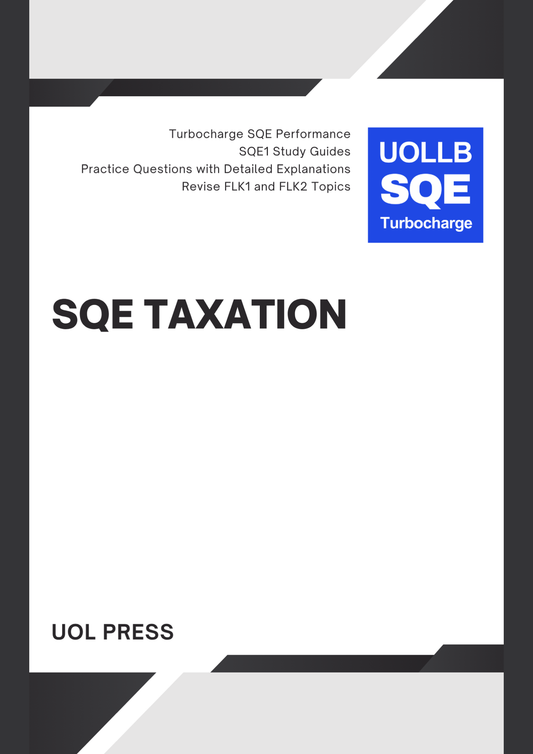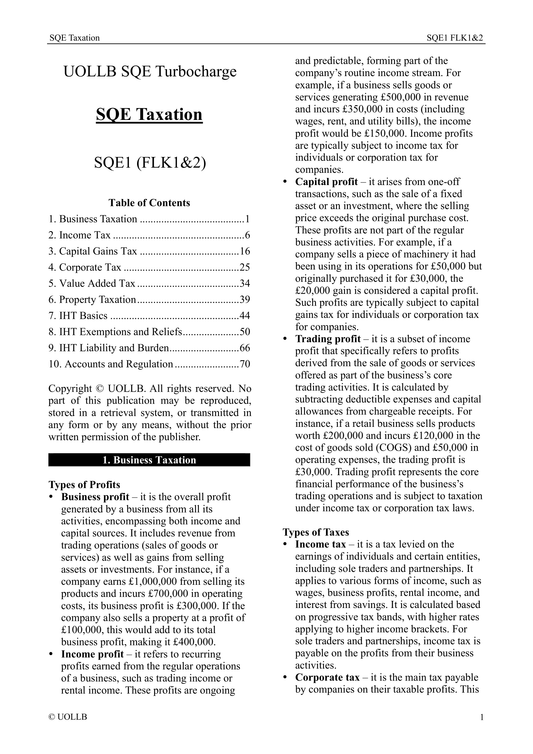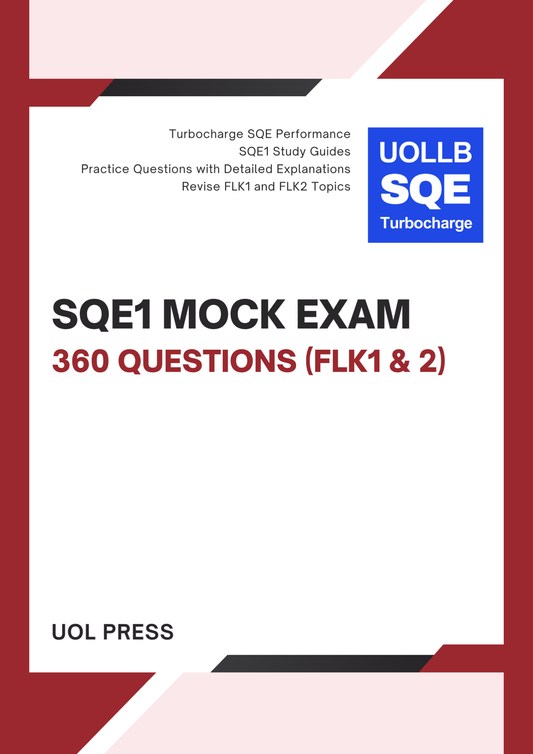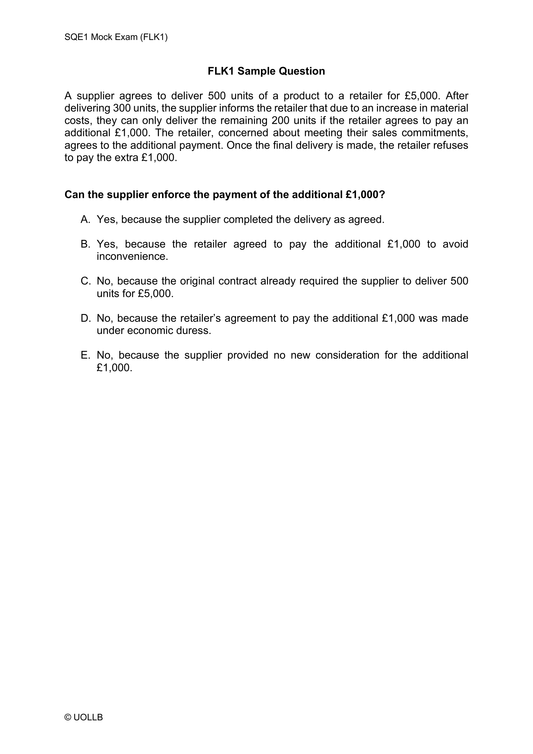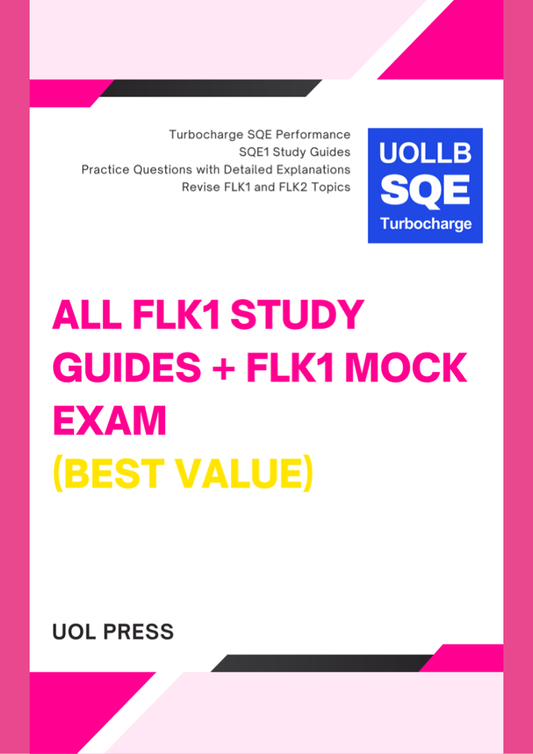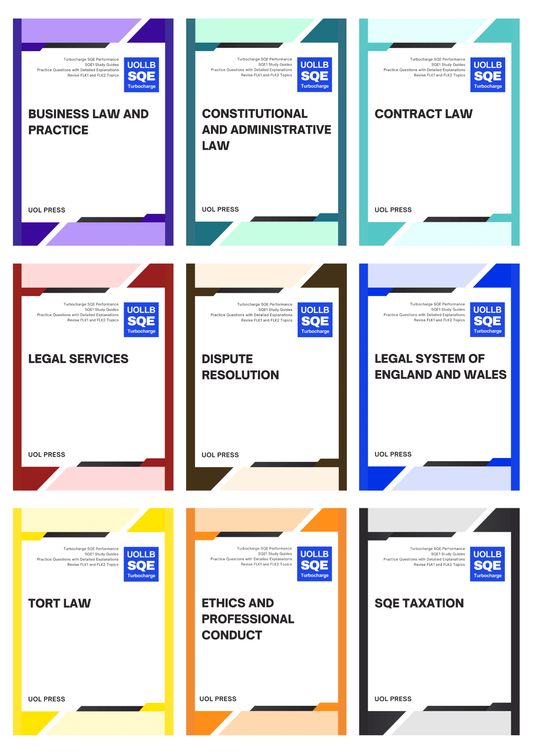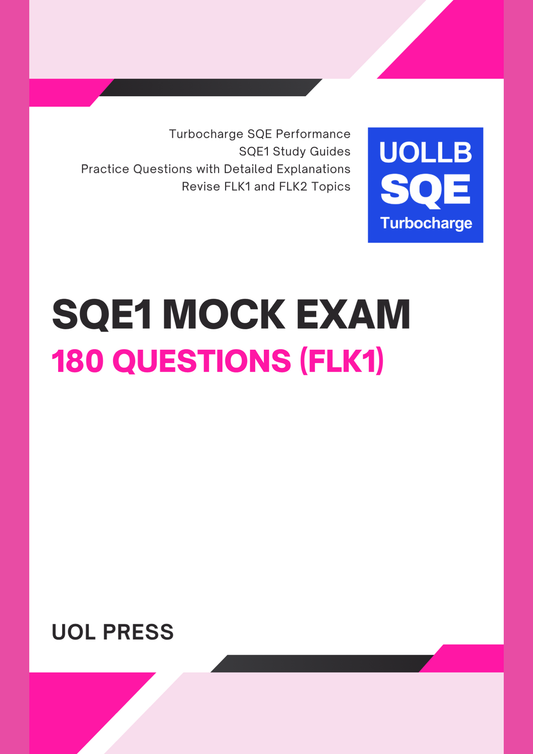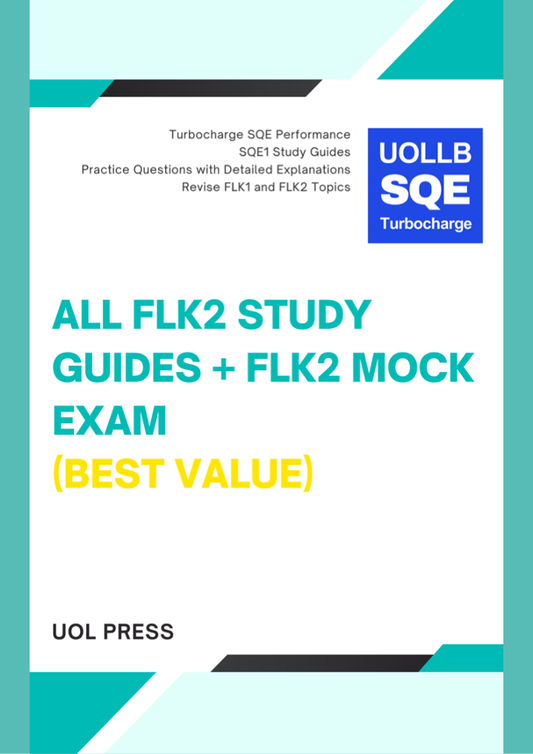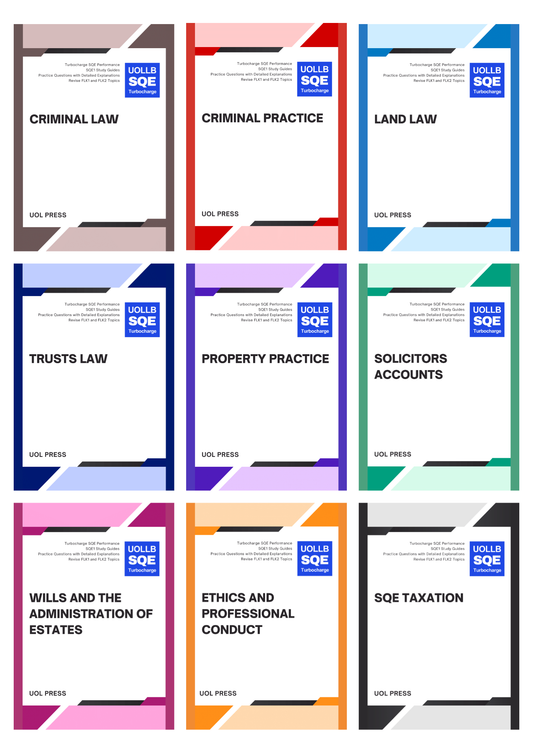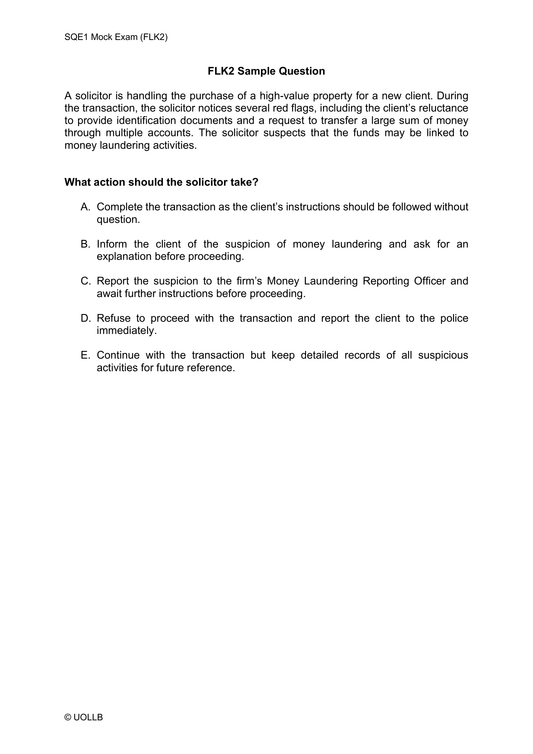SQE2 Legal Writing
Share
The Legal Writing assessment in SQE2 is a computer-based task that evaluates a your ability to communicate effectively in writing as a solicitor acting in a legal matter. In this task, you are asked to draft a letter or an email based on instructions received from a supervising partner. The communication must apply the law accurately and appropriately to the client’s concerns, and it must be tailored to suit the intended recipient, who may be a client, a third party, an opposing party in litigation, a counterparty to a transaction, or even another lawyer within the your own firm.
You are given 30 minutes to complete the task in the context of Business Law and Practice, Criminal Practice, Dispute Resolution, Property Practice, and Wills and the Administration of Estates. The email from the partner will set out the background and explain what is required. It may be accompanied by supporting documents, although this is not always the case. You must analyse the instructions, identify the purpose of the communication, and write a letter or email that addresses the relevant legal issues and communicates clearly, accurately, and professionally.
The key to success in this assessment is ensuring that the content is client and recipient-focused. This means that the tone, language, structure, and level of legal detail must all be tailored to the knowledge and position of the recipient. For instance, a letter to a client should use plain English and explain legal concepts clearly, whereas a letter to another solicitor may appropriately use more technical legal terminology.
You must ensure their writing has a logical and coherent structure, beginning with a brief introduction, followed by a clear development of the relevant facts, legal principles, and advice. The conclusion should summarise the advice and, if applicable, set out the next steps or invite further discussion. Throughout, the writing must be precise, concise, and free from grammatical or typographical errors.
In terms of legal analysis, you are assessed on your ability to apply the law correctly to the client's circumstances. You are also expected to show that you can deal with ethical and professional conduct issues where relevant, demonstrating good judgment and integrity.
